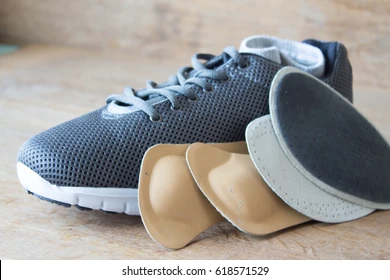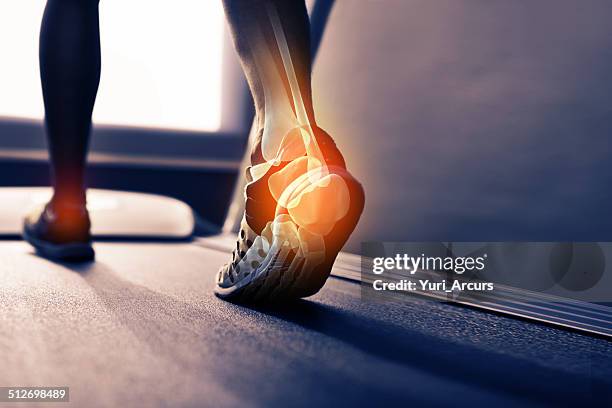Our feet bear the brunt of our daily activities, carrying us from one place to another and supporting our body weight. But what happens when our feet start to suffer from conditions like plantar fasciitis, diabetes-related complications, arthritis, or other issues that make standing or walking painful? This is where medicated shoes, or therapeutic footwear, come into play.
Medicated shoes are specially designed to relieve foot pain, provide support, and address specific foot health needs. Let’s dive into the benefits, types, and why they may be an essential part of your health regimen.

What Are Medicated Shoes?
Medicated shoes are footwear designed with specialized features to help manage and alleviate various foot conditions. These shoes go beyond conventional footwear, offering added support, extra depth, orthopedic soles, and sometimes custom-made orthotics to address specific medical needs.
Medicated shoes cater to conditions such as:
- Diabetes: To prevent sores and ulcers caused by decreased circulation.
- Arthritis: To reduce joint pressure and provide a more comfortable walking experience.
- Plantar Fasciitis: To support the arch and relieve heel pain.
- Bunions and Hammer Toes: By providing a wider toe box to avoid pinching and pressure.
Benefits of Medicated Shoes
Medicated shoes aren’t just about comfort—they’re about prevention, support, and enhancing mobility. Here are some key benefits:
- Enhanced Comfort and Pain Relief These shoes are crafted with soft, cushioned materials that help reduce impact, providing comfort even during long hours on your feet. For individuals dealing with chronic foot pain, they make daily activities more manageable.
- Support for Proper Alignment Medicated shoes often include arch supports and heel cups to encourage correct posture. Proper alignment of the foot can prevent further complications in the knees, hips, and lower back.
- Reduction of Pressure Points By providing a custom fit, medicated shoes reduce pressure on sensitive areas like bunions or hammertoes. Some designs even incorporate gel insoles and memory foam to evenly distribute weight.
- Prevention of Foot Ulcers in Diabetics Diabetes can reduce blood circulation in the feet, making them more prone to cuts, sores, and ulcers. Medicated shoes reduce friction and pressure that can cause skin damage, thus helping prevent serious complications.

Types of Medicated Shoes
Not all medicated shoes are created equal; each type serves a specific need. Here are some popular categories:
- Orthopedic Shoes Orthopedic shoes focus on structural support, commonly featuring wider toe boxes, firm arch support, and removable insoles for custom orthotics. They are ideal for individuals with arthritis, flat feet, or plantar fasciitis.
- Diabetic Shoes Diabetic shoes are designed to protect sensitive feet, reduce risk of ulcers, and improve blood flow. They are often made with softer materials, have fewer seams to prevent rubbing, and come with extra depth to accommodate swelling or custom orthotics.
- Custom-Made Shoes Custom-made medicated shoes are tailored for specific needs. Often prescribed by podiatrists, these shoes are molded to the exact shape of your feet, providing a precise fit that addresses unique medical issues.
- Post-Surgery Shoes These are specially designed to stabilize the foot and minimize movement after surgery, helping the foot heal properly. They may include rocker soles or soft, velcro closures for easy adjustment as the foot swells or heals.
Choosing the Right Medicated Shoes
Selecting medicated shoes can be challenging, especially if you’re unfamiliar with the options available. Here are some tips to consider when choosing:
- Get Professionally Fitted
Many people are unaware that the size they usually wear might not be the best fit for them. A professional fitting ensures that the shoe matches the unique contours of your foot. - Consider Your Condition Different foot conditions require different features. For instance, someone with flat feet will need arch support, while a diabetic patient might need extra cushioning.
- Choose Durable Materials High-quality medicated shoes are often made from materials like leather or high-grade synthetics, which provide comfort, durability, and breathability.
- Opt for Adjustable Options Feet can swell throughout the day, so consider shoes with adjustable closures, like velcro straps, to ensure a comfortable fit.
Where to Buy Medicated Shoes
Medicated shoes are available at specialized shoe stores, some pharmacies, and online retailers that focus on orthopedic or therapeutic footwear. For custom shoes, it’s best to consult with a podiatrist who can recommend specific brands or designs based on your needs. Popular brands include:
- Dr. Comfort: Known for diabetic-friendly designs.
- Vionic: Offers excellent arch support for plantar fasciitis.
- New Balance: Provides comfortable athletic and orthopedic shoes.


